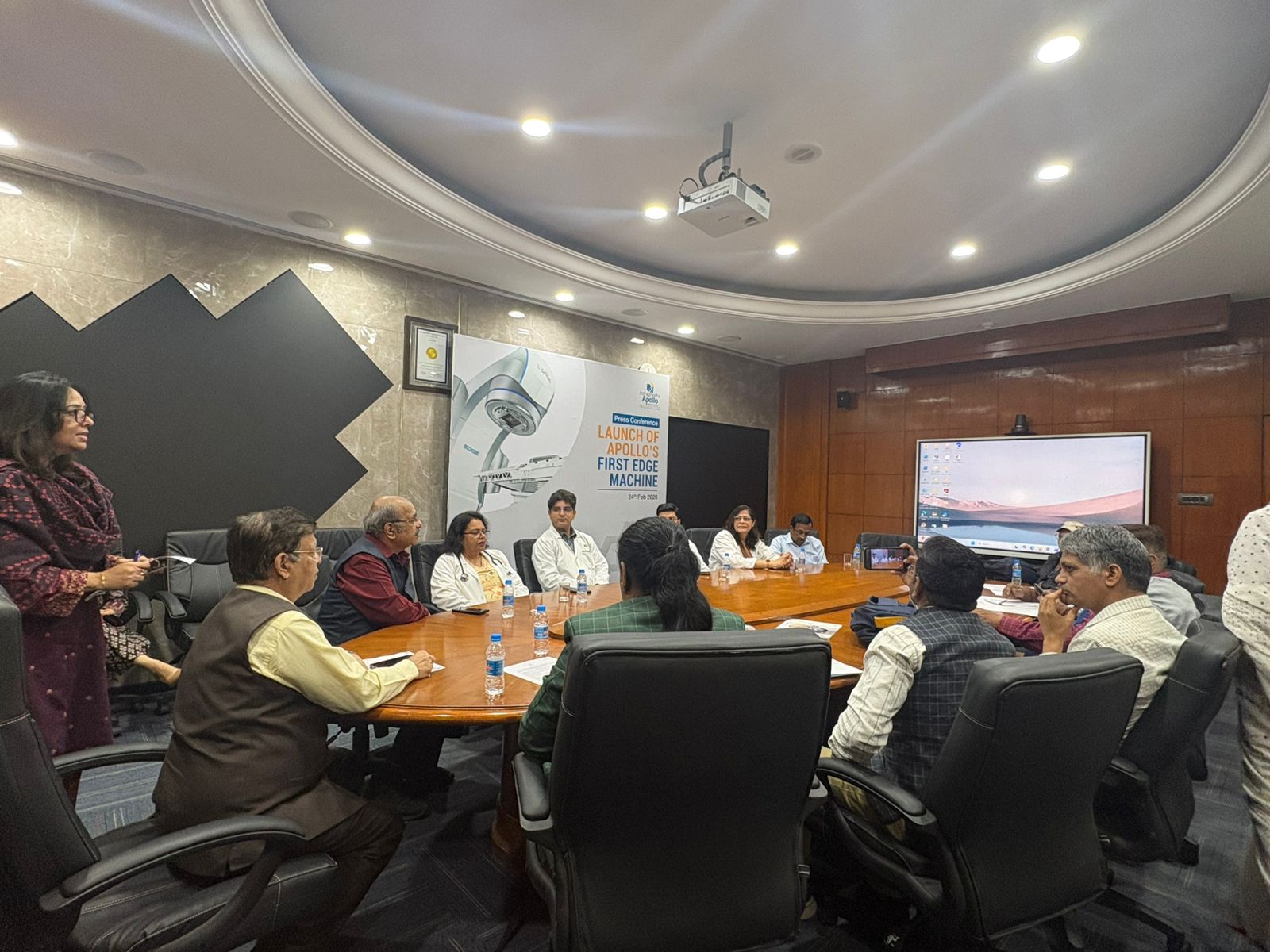As artificial intelligence (AI) becomes a cornerstone of the global digital economy, establishing inclusive and robust international AI norms has become critical. While leading powers like the US, China, and the European Union shape much of the current AI discourse, emerging nations like Kazakhstan are making strides to secure a role in this global regulatory and innovation landscape. With a national strategy focused on digital transformation, comprehensive AI legislation, and active international partnerships, Kazakhstan is positioning itself as a key player in regional and potentially global AI governance. This article examines Kazakhstan’s AI development roadmap, legal frameworks, international cooperation efforts, and innovation infrastructure, assessing its potential to contribute meaningfully to global AI norms.
Table of Contents
Kazakhstan’s Digital Transformation and AI Ambitions
Kazakhstan has committed to transforming itself into a fully digital country by 2027, with artificial intelligence at the center of this vision. President Kassym-Jomart Tokayev’s recent initiatives include the establishment of a Ministry of Artificial Intelligence and Digital Development, tasked with coordinating AI policies and balancing innovation with ethical oversight. A Digital Code is underway to unify legislation around data protection, digital rights, AI regulation, and digital identities, marking a shift from fragmented governance toward a systemic and resilient legal framework for the digital economy.
Kazakhstan’s ambitions extend to creating robust digital infrastructure, including Central Asia’s most powerful supercomputer housed at the AlemAI International Center for Artificial Intelligence, and the development of Alatau City—a planned national and regional innovation hub combining smart-city technologies, crypto industry development, and technology entrepreneurship.
Legal and Regulatory Frameworks Guiding AI Development
Kazakhstan is advancing a comprehensive regulatory approach embracing the complexity of AI. A draft law on artificial intelligence outlines classification and risk management of AI systems, including rights and responsibilities for AI system owners, users, and regulators. The National AI Platform is being developed as a controlled technological environment for AI data management, development, and pilot testing.
The regulatory framework emphasizes transparency, requiring disclosure about AI system functioning and data use, and includes measures to protect user rights including privacy and intellectual property related to AI-generated content. This holistic regulatory architecture aims to foster innovation while managing potential risks, positioning Kazakhstan as a leader in responsible AI governance models.
International Cooperation and Kazakhstan’s Global AI Role
Kazakhstan has publicly endorsed China’s proposal to establish a Global Organization for Cooperation in Artificial Intelligence, aiming to coordinate policies, encourage innovation, and collectively address AI-associated risks at the international level. President Tokayev highlighted the importance of international collaboration during summits such as the Shanghai Cooperation Organization, signaling Kazakhstan’s desire to play a proactive role in shaping global AI governance.
The establishment of strategic tech hubs like AlemAI and the planned Alatau City tech hub exemplifies Kazakhstan’s ambition to develop domestic AI capabilities in tandem with international partnerships. These initiatives serve as gateways for knowledge exchange, research collaboration, and regional digital leadership, reinforcing Kazakhstan’s potential influence on AI norms beyond its borders.
Human Capital and Education as Foundations
Recognizing human capital as critical to AI leadership, Kazakhstan has integrated AI education into all its universities and vocational institutions. National programs aim to train hundreds of thousands annually in AI skills, while projects such as the KazLLM–a Kazakh-language large language model—demonstrate Kazakhstan’s commitment to developing AI technologies rooted in local languages and contexts.
Initiatives like the TUMO Center for Creative Technologies and digital literacy programs at all educational levels reflect a strategic investment in a workforce capable of developing, governing, and responsibly deploying AI technologies that align with national and global ethical standards.
Kazakhstan’s Strategic Position in the Global AI Ecosystem
Kazakhstan is uniquely positioned as a bridge between East and West, leveraging partnerships with Chinese tech giants and international organizations to advance its digital economy. Its sovereign digital assets fund and pioneering use of a digital national currency (digital tenge) underscore a commitment to digital sovereignty and innovation financing.
Ranked highly in regional digital competitiveness and innovation indices, Kazakhstan’s systemic approach to AI development—from legislation and infrastructure to education and finance—could enable it to influence global AI standards, especially in emerging market contexts seeking to balance growth with governance.
Challenges and Opportunities
While Kazakhstan’s AI and digital development agenda is ambitious, challenges remain. The need for agile regulation that can keep pace with rapid AI innovations requires ongoing legislative refinement and the establishment of operational standards. Balancing open innovation with data sovereignty, fostering public trust, and ensuring inclusivity are also critical.
However, these challenges offer opportunities for Kazakhstan to pilot innovative regulatory models, contribute a unique perspective to international AI norm-setting forums, and serve as a model for responsible AI adoption in developing economies.
FAQs
Q1: What is Kazakhstan’s current stance on AI regulation?
Kazakhstan is advancing a draft AI law focusing on risk classification, system transparency, user rights, and ethical AI deployment, backed by the creation of a dedicated Ministry of AI and Digital Development.
Q2: How does Kazakhstan collaborate internationally on AI?
Kazakhstan supports China’s proposal for a global AI cooperation organization and engages actively in multilateral platforms like the Shanghai Cooperation Organization to promote aligned AI policies and innovation collaboration.
Q3: What infrastructure supports Kazakhstan’s AI ambitions?
The country recently launched Central Asia’s most powerful supercomputer, the AlemAI AI center, and is developing the Alatau City tech hub as part of its digital ecosystem expansion.
Q4: How is Kazakhstan building AI talent?
Through mandatory AI curricula in all universities, specialized training programs, and innovation centers catering to youth and professionals, Kazakhstan aims to equip its population with skills to drive national and global AI initiatives.
Q5: Can Kazakhstan influence global AI norms?
Given its comprehensive AI strategy, infrastructure, education initiatives, and international cooperation, Kazakhstan is poised to contribute valuable perspectives and models to the global AI governance discussion, particularly representing emerging market interests.
Conclusion
Kazakhstan’s deliberate and multifaceted approach toward AI development, governance, and international cooperation positions it as an emerging influencer in shaping global AI norms. Its blend of innovation, regulation, and education creates a blueprint for other developing countries and adds a vital voice to the evolving global AI ecosystem.












